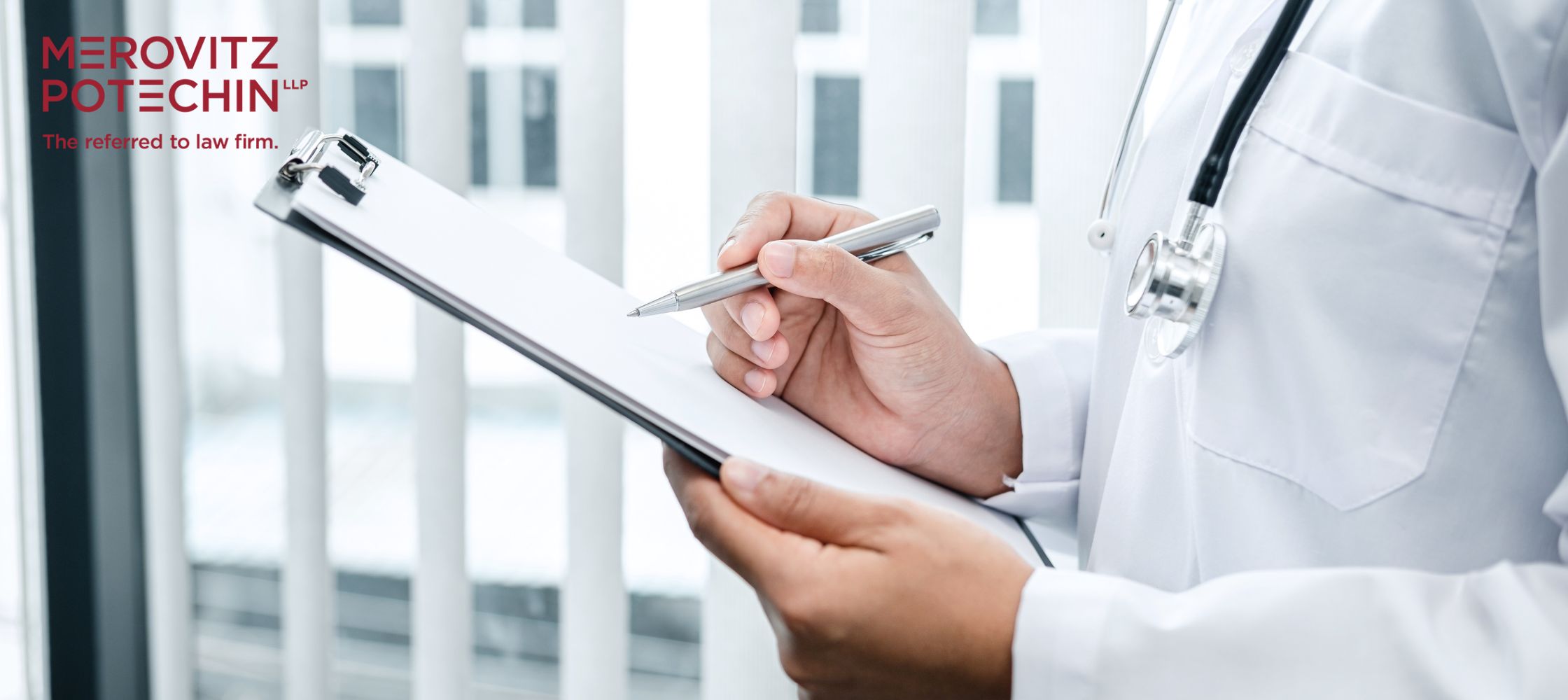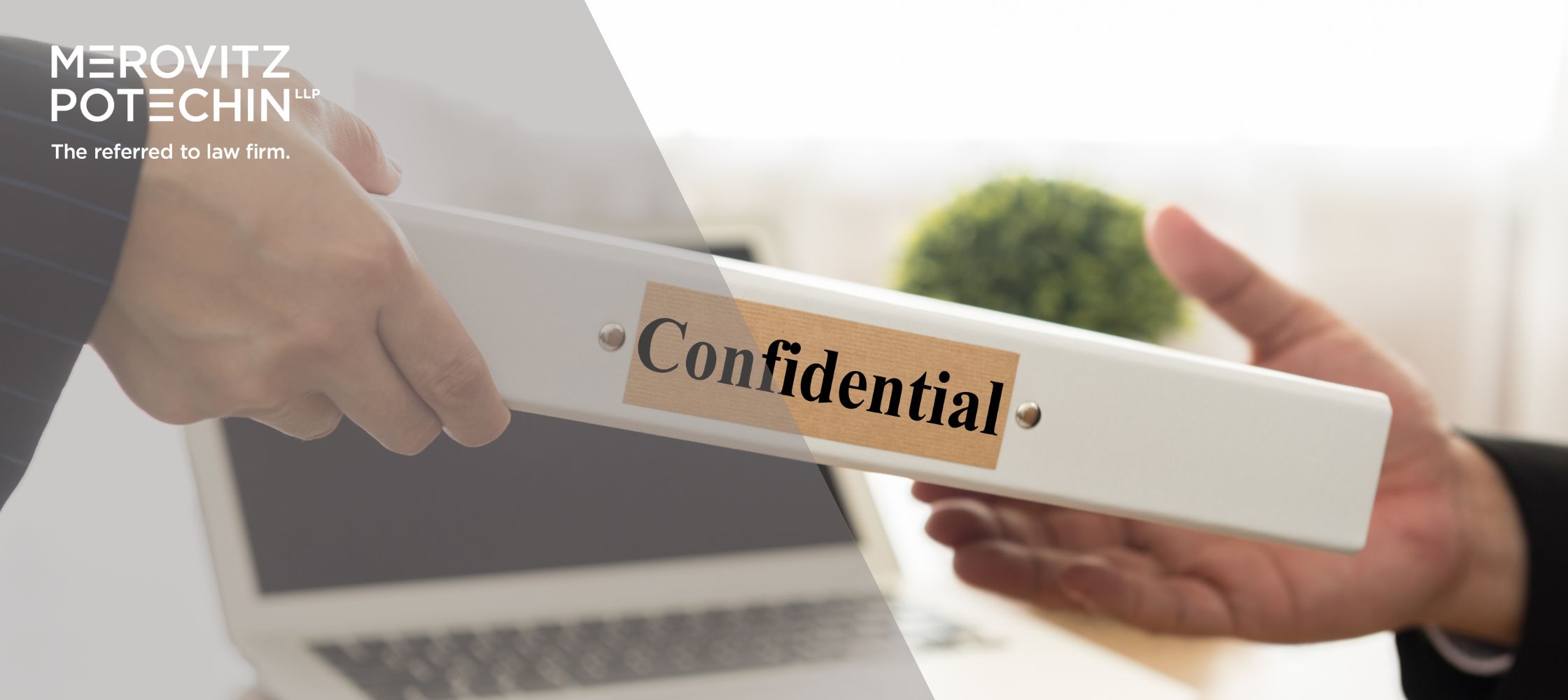Categories
Was Mom Thinking Clearly? Why Medical Experts Matter in Will Disputes

When a loved one passes away, few things are more painful than discovering their will isn’t what the family expected. Did Mom really want to leave everything to just one child? Was Dad thinking clearly when he signed that new will? These questions come up often in estate litigation—and they often lead to legal battles over capacity.
One of the most important tools in answering these questions is expert medical opinion. A recent Ontario court decision, Anderson v. Anderson Estate (2024 ONSC 5891), shows exactly how and why medical experts matter when families end up in court over a will.
The Case: One Will, Four Siblings, and a Big Question
In Anderson, a woman passed away leaving behind two wills. An earlier one (from 2012) divided her estate equally among her four children. But a later, handwritten will (from 2016) left everything to just one daughter—Wendy.
Naturally, Wendy’s siblings were surprised. They challenged the handwritten will, arguing their mother wasn’t mentally capable of making it. To support their claim, they hired a geriatric psychiatrist, Dr. Hermann, who reviewed her medical history and concluded she likely lacked the mental capacity to change her will in 2016.
Wendy disagreed. She argued that the judge could understand the medical records without help and that the expert’s opinion was biased.
The Law: Rules of Expert Evidence in Ontario
In Ontario, the admissibility of expert evidence is governed by the foundational case of R. v. Mohan, which sets out four criteria:
- Relevance
- Necessity in assisting the trier of fact
- Absence of any exclusionary rule
- Properly qualified expert
Even if those criteria are met, courts retain a gatekeeping role to ensure that the proposed expert evidence is fair, impartial, and likely to assist the court, especially where the issues are complex or outside common understanding.
In the estate litigation context, particularly where testamentary capacity or undue influence is in dispute, expert medical opinions can be highly probative. Courts often rely on geriatric or psychiatric experts to explain whether the deceased had the mental acuity and understanding required to make a valid will.
What Did the Court Say?
Justice Tranmer ruled that Dr. Hermann’s report was admissibleand could be used. The court emphasized that Dr. Hermann was a qualified expert, and that:
- His analysis was based on a comprehensive review of the deceased’s medical history and personal circumstances.
- Medical records are often complex, and understanding whether the deceased met the legal test for capacity and how issues like memory loss or medication side effects impact someone’s ability to make a will is something that goes beyond the common experience of judges. In this case, Dr. Hermann didn’t just summarize records—he explained how they related to the legal test for capacity.
- Even though the expert was hired by one side, that didn’t automatically make him biased. The court will listen, then decide how much weight to give the opinion.
In this case, the expert evidence was not only allowed, but it was determined to be necessary to help the court understand whether the will was valid.
Why Expert Opinions Matter in Capacity Disputes
When someone creates or changes a will, the law requires that they understand what they’re doing. This includes:
- Knowing what a will is and what it does
- Understanding the extent of their assets
- Recognizing who might reasonably expect to benefit from their estate
If someone has dementia, mental illness, or is taking medications that affect their thinking, it might call their capacity into question. That’s where expert opinions come in.
A qualified medical expert, such as a geriatric psychiatrist, physician and capacity assessors, can help the court understand:
- The nature and progression of memory loss or cognitive decline
- How a person’s medical history may have impacted their decision-making
- Whether someone may have been vulnerable to undue influence
What This Means for You
If you’re involved in a will dispute—either challenging or defending a will—medical evidence is most likely critical to your case.
Final Thought
If you are concerned about the validity of a loved one, or are defending a will that’s being challenged—it’s important to get the right legal and medical support early. A well-prepared expert opinion can provide clarity in a time filled with uncertainty and emotion.
Have questions about a will dispute? We’re here to help you understand your options and protect your rights.
The content on this website is for information purposes only and is not legal advice, which cannot be given without knowing the facts of a specific situation. You should never disregard professional legal advice or delay in seeking legal advice because of something you have read on this website. The use of the website does not establish a solicitor and client relationship. If you would like to discuss your specific legal needs with us, please contact our office at 613-563-7544 and one of our lawyers will be happy to assist you.








